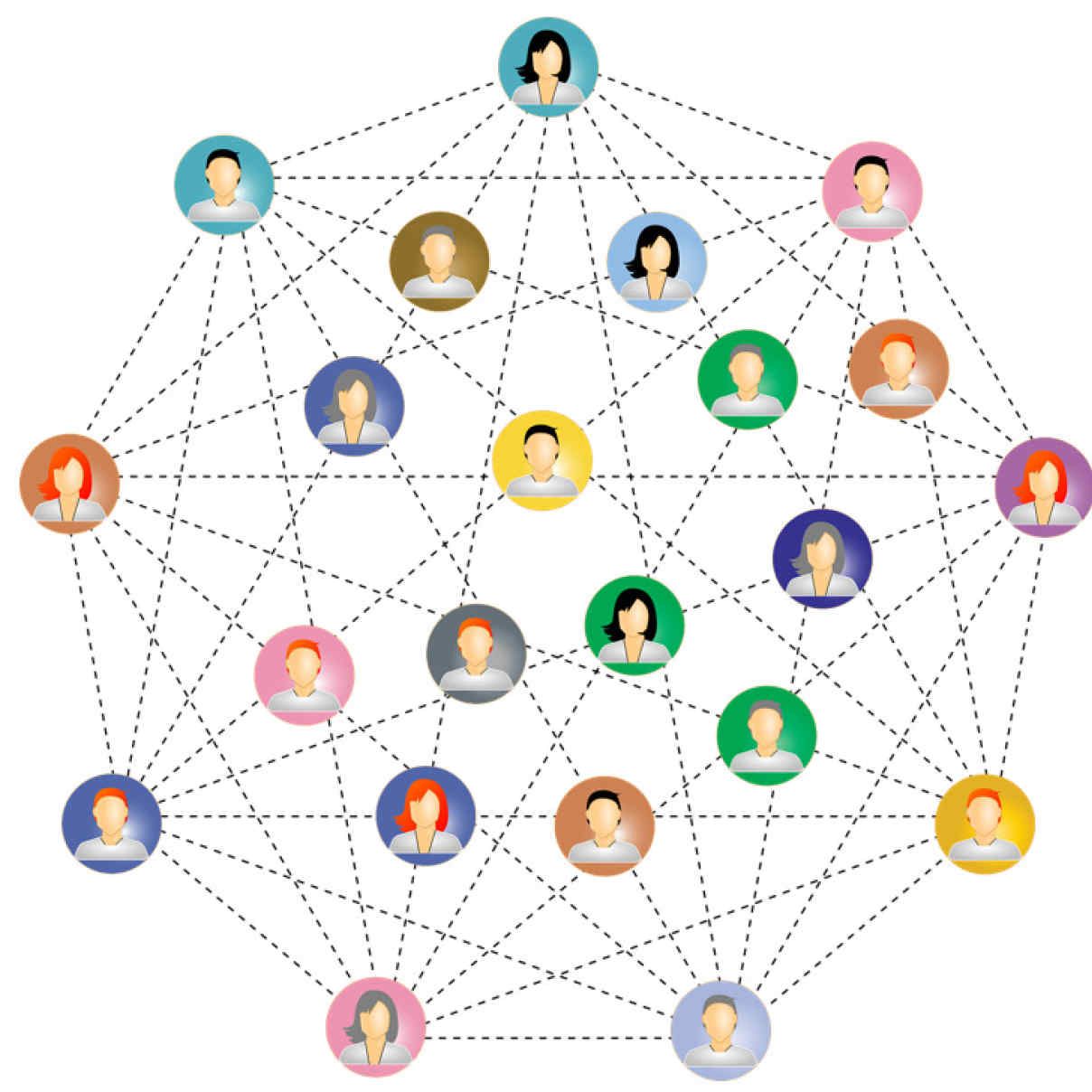BibTex format
@article{Udeh-Momoh:2021:10.3389/fpubh.2021.753964,
author = {Udeh-Momoh, C and Watermeyer, T and Sindi, S and Giannakopoulou, P and Robb, C and Ahmadi, Abhari S and Zheng, B and Waheed, A and McKeand, E and Salman, D and Beaney, T and Loots, C and Price, G and Atchison, C and Car, J and Majeed, A and McGregor, A and Kivipelto, M and Ward, H and Middleton, L},
doi = {10.3389/fpubh.2021.753964},
journal = {Frontiers in Public Health},
pages = {1--11},
title = {Health, lifestyle and psycho-social determinants of poor sleep quality during the Early Phase of the COVID-19 pandemic: a focus on UK older adults deemed clinically extremely vulnerable},
url = {http://dx.doi.org/10.3389/fpubh.2021.753964},
volume = {9},
year = {2021}
}
RIS format (EndNote, RefMan)
TY - JOUR
AB - Background: Several studies have assessed the impact of COVID-19-relatedlockdownson sleep quality across global populations. However, no study to date has specifically assessed at-riskpopulations, particularly those at highest risk of complications from coronavirus infection deemed “clinically-extremely-vulnerable-(COVID-19CEV)” [as defined by Public Health England, 2020].Methods: In this cross-sectional study, we surveyed 5,558 adults aged ≥50 years (of whom 523 met criteria for COVID-19CEV) during the first pandemic wave that resulted in a nationwide-lockdown (April-June 2020) with assessments of sleep quality (an adapted sleep scale that captured multiple sleep indices before and during the lockdown), health/medical, lifestyle, psychosocial and socio demographic factors. We examined associations between these variablesand sleep quality;and explored interactions of COVID-19CEV status with significant predictors of poor sleep,to identify potential moderating factors. Results: 37% of participants reported poor sleep quality which was associated with younger age, female sex and multimorbidity. Significant associations with poor sleep included health/medical factors: COVID-19 CEV status, higher BMI, arthritis, pulmonary disease, and mental health disorders; and the following lifestyle and psychosocial factors: living alone, higher alcohol consumption, an unhealthy diet and higher depressive and anxiety symptoms. Moderators of the negative relationship between COVID-19 CEV status and good sleep quality were marital status, loneliness, anxiety and diet. Within this subgroup, less anxious and less lonely males, as well as females with healthier diets, reported better sleep. Conclusions: Sleep quality in older adults was compromised during the sudden unprecedented nation-wide lockdown due to distinct modifiable factors. An important contribution of our study is the assessment of a &ldquo
AU - Udeh-Momoh,C
AU - Watermeyer,T
AU - Sindi,S
AU - Giannakopoulou,P
AU - Robb,C
AU - Ahmadi,Abhari S
AU - Zheng,B
AU - Waheed,A
AU - McKeand,E
AU - Salman,D
AU - Beaney,T
AU - Loots,C
AU - Price,G
AU - Atchison,C
AU - Car,J
AU - Majeed,A
AU - McGregor,A
AU - Kivipelto,M
AU - Ward,H
AU - Middleton,L
DO - 10.3389/fpubh.2021.753964
EP - 11
PY - 2021///
SN - 2296-2565
SP - 1
TI - Health, lifestyle and psycho-social determinants of poor sleep quality during the Early Phase of the COVID-19 pandemic: a focus on UK older adults deemed clinically extremely vulnerable
T2 - Frontiers in Public Health
UR - http://dx.doi.org/10.3389/fpubh.2021.753964
UR - https://www.frontiersin.org/articles/10.3389/fpubh.2021.753964/full
UR - http://hdl.handle.net/10044/1/91837
VL - 9
ER -

